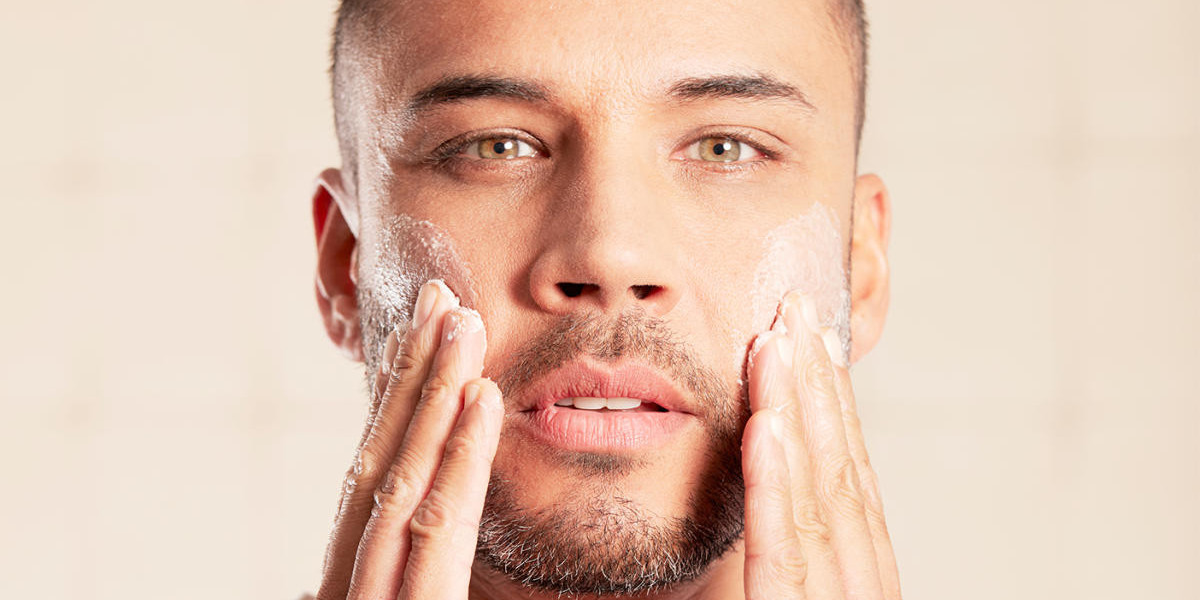The men face care market is experiencing significant growth worldwide, with male consumers becoming more conscious of their skin health and grooming routines. However, one of the key dynamics in this evolving market is the contrasting consumer behaviors between urban and rural populations. These two groups exhibit distinct purchasing habits, preferences, and attitudes toward skincare products, which are influencing how brands tailor their offerings and marketing strategies.
In this article, we explore the differences between urban and rural consumer behavior in the men face care market, shedding light on the factors that drive these behaviors and how brands can tap into the unique demands of both demographics.
1. Urban Consumer Behavior in the Men Face Care Market
Urban consumers are at the forefront of the men face care market revolution, driven by higher disposable incomes, increased awareness of skincare, and greater access to a wide variety of products. These consumers are often more knowledgeable about skincare and are willing to invest in high-quality products to address their specific skin concerns.
a. Higher Awareness and Interest in Grooming
In urban areas, skincare is viewed not just as a necessity but as an essential part of self-care and wellness. Urban men are more likely to be exposed to the latest beauty trends, product innovations, and skincare routines through digital media, influencers, and advertisements. This awareness is driving a shift in attitudes, making skincare routines mainstream for men.
Social Media Influence: Urban men are more likely to follow beauty influencers, celebrities, and skincare experts on platforms like Instagram, YouTube, and TikTok, where they learn about new products, tips, and grooming habits.
Education and Information Access: Access to information through the internet, skincare blogs, and digital tutorials has made it easier for urban men to understand the benefits of different products. This has led to a rise in interest in personalized skincare and specialized products for men.
b. Product Variety and Premium Offerings
Urban consumers typically have access to a broader range of skincare products, including premium brands and international products. They are willing to spend more on high-end, specialized, and luxury grooming products, especially when it comes to face care.
Diverse Product Choices: In cities, men have a wide array of skincare options, from natural and organic products to tech-based skincare solutions. They are more likely to purchase serums, anti-aging creams, moisturizers, and exfoliators, which are marketed as high-performance products designed to address specific skin concerns.
Brand Consciousness: Urban men are more brand-conscious and often look for products that align with their values, such as sustainability, cruelty-free certifications, or high-quality ingredients.
c. Regular Skincare Routine
Urban men are more likely to follow regular and structured skincare routines. They see skincare as a key part of their daily self-care rituals and are more inclined to experiment with different products to see what works best for their skin.
Routine Customization: Many urban consumers are willing to personalize their skincare routines by selecting products that cater to their specific skin types, whether they need hydration, oil control, or acne treatment.
Technological Integration: With access to the latest technology, urban consumers are also more likely to experiment with smart skincare devices, such as facial cleansing brushes, LED masks, or skin analysis apps.
2. Rural Consumer Behavior in the Men Face Care Market
Rural consumers, on the other hand, have different attitudes toward skincare, shaped by factors such as limited access to products, lower disposable incomes, and a more traditional approach to grooming. While there is growing awareness of skincare, rural areas still lag behind urban counterparts in terms of widespread adoption of skincare products.
a. Limited Awareness and Product Knowledge
In rural areas, awareness of skincare and its benefits is not as widespread as in urban centers. Many men in rural regions continue to view skincare as a secondary concern or as something that is only for women. As a result, the concept of a dedicated skincare routine for men is still relatively new.
Traditional Grooming Habits: Rural men are more likely to use basic grooming products, such as soap or face wash, and may not follow a specific skincare routine. There is often a reliance on locally available, budget-friendly products, with little knowledge of specialized face care products such as serums or moisturizers.
Lack of Access to Information: Rural consumers may not have the same access to skincare information as their urban counterparts. Digital platforms, influencers, and beauty blogs have not yet penetrated rural areas to the same extent, leading to a knowledge gap about the benefits of skincare.
b. Price Sensitivity and Value for Money
Price sensitivity is a defining factor in rural consumer behavior. Men in rural areas are often more focused on affordability and value for money when purchasing grooming products, compared to their urban counterparts who are willing to spend more on premium skincare brands.
Affordability Over Premium Quality: Rural men are less likely to purchase high-end or luxury skincare products, as they prioritize basic, affordable solutions. While some are starting to explore face care products, they tend to gravitate toward cost-effective brands that meet basic grooming needs.
Limited Product Range: In many rural areas, the availability of a wide range of skincare products is limited. Men may rely on general-purpose products that are widely available, such as basic soaps, shaving creams, and multi-purpose moisturizers, rather than specialized face care products.
c. Occasional Skincare Usage
Rural men are less likely to have a daily skincare regimen and may only use face care products occasionally, typically when experiencing specific skin issues, such as dryness or sunburn. The concept of maintaining healthy skin through a regular routine is not yet ingrained in the culture of rural areas.
Occasional Product Use: Face care products are used more reactively in rural areas, with men opting for products when they feel the need to address issues like rough skin, acne, or irritation, rather than as part of a proactive skincare routine.
Traditional Remedies: In many rural regions, traditional remedies, such as herbal treatments or natural oils, are preferred for skincare. These remedies are often passed down through generations and may be perceived as more natural or effective than commercial skincare products.
3. Key Differences Between Urban and Rural Consumer Behavior
The differences between urban and rural consumer behavior in the men face care market are influenced by several key factors:
| Aspect | Urban Consumers | Rural Consumers |
|---|---|---|
| Awareness | Higher awareness due to exposure to digital media and influencers | Limited awareness due to less access to information and resources |
| Product Variety | Access to a wide variety of premium and specialized products | Limited access to products; more basic grooming options |
| Purchasing Power | Higher disposable income, willing to invest in premium products | Price-sensitive, looking for affordable, value-for-money options |
| Skincare Routine | Regular and structured skincare routines | Occasional use of skincare products; focus on basic needs |
| Brand Consciousness | More likely to follow branded, international products | Less focus on brands; preference for locally available products |
| Influence of Digital Media | Strong influence from social media and digital platforms | Less exposure to digital media and online skincare trends |
4. Implications for the Men Face Care Market
Understanding the differences between urban and rural consumer behavior is crucial for brands targeting the men face care market. To effectively cater to both segments, brands must tailor their strategies accordingly:
For Urban Consumers: Brands should focus on promoting premium, high-performance products, offering a wide range of options, and leveraging digital platforms and influencers to educate and engage consumers.
For Rural Consumers: To tap into the rural market, brands should focus on affordability, product availability, and education. Offering practical, multi-purpose products that meet basic grooming needs at competitive prices can help brands gain a foothold in these areas. Additionally, raising awareness about the importance of skincare through grassroots initiatives and local advertising can help bridge the knowledge gap.
Conclusion
The men face care market is evolving in distinct ways across urban and rural areas. While urban consumers are leading the charge in skincare innovation and product adoption, rural consumers are still in the early stages of awareness and engagement. By understanding these differences and tailoring their offerings to meet the needs of both segments, brands can effectively capture the diverse consumer base and drive growth in the men’s skincare industry.










